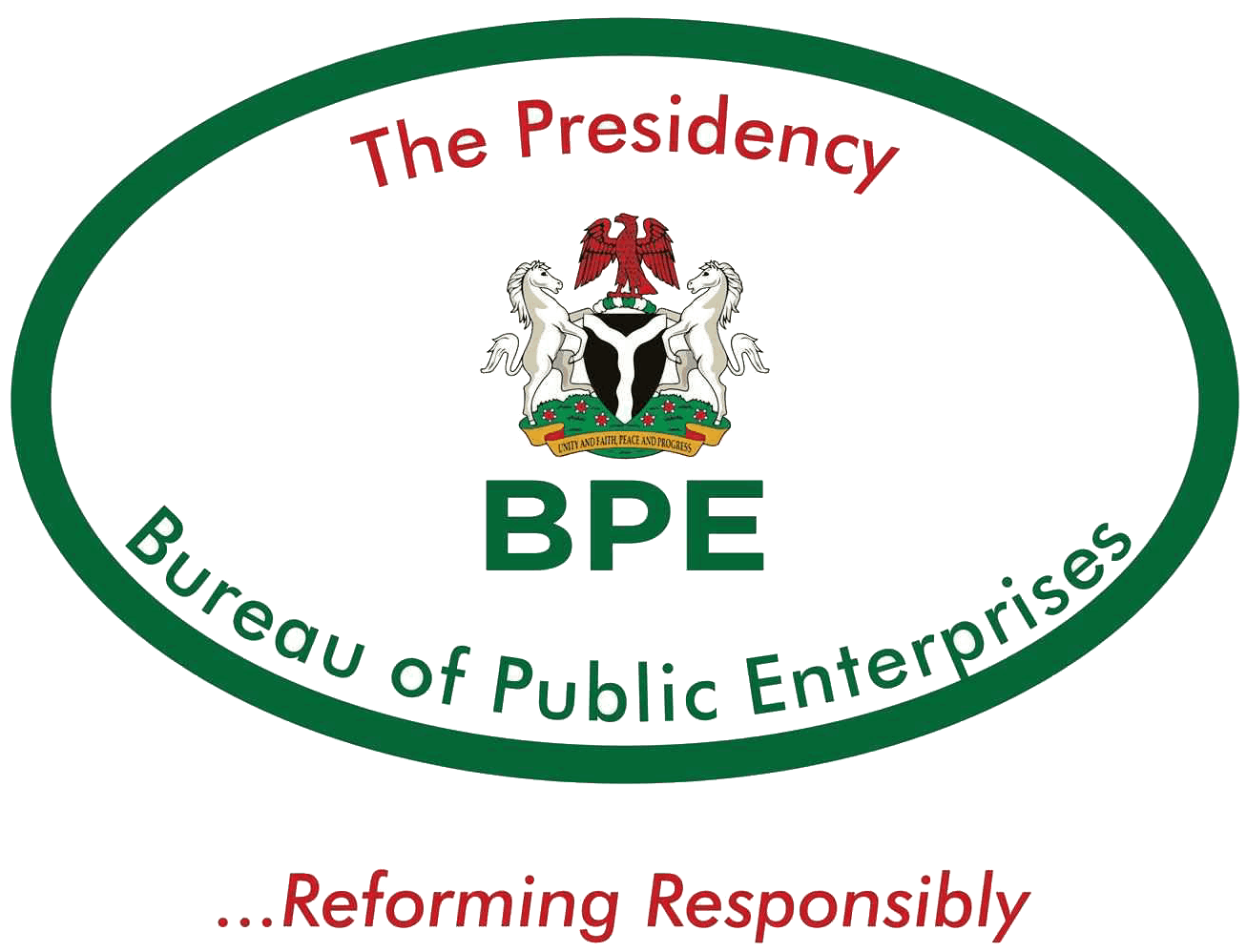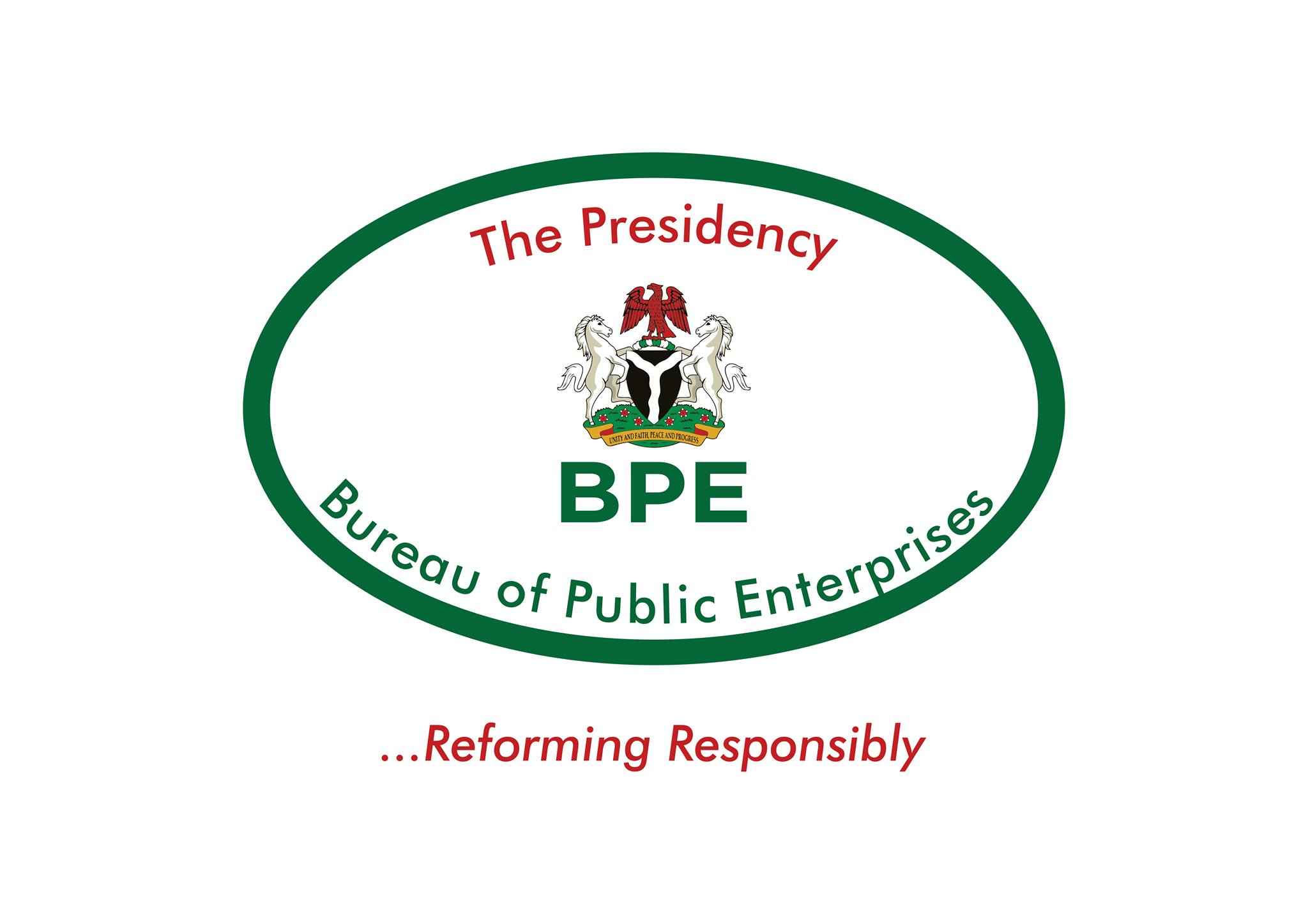SECTOR DATA
THE MACRO-ENVIRONMENT
The Federal Ministry of Aviation is responsible to the Government of the Federal Republic of Nigeria for all matters concerning Civil Aviation. The Minister of Aviation is in charge of Policy formulation and overall management of Aviation Industry
SCOPE OF BUSINESS FOR PRIVATE INVESTORS
The following are some of the key business opportunities which Privatisation will open up in Nigeria’s Aviation industry:
- Development of properties on airport land within the approved Master plan.
- Provision of Handling services for all domestic flights in Nigerian airports.
- Expansion of business operations in the International airports in Nigeria through the Open Sky Policy for International Airlines
All over the world, Civil Aviation has become a major tool for transportation, communication and development. Hence the Nigerian Government has given prominence to the development of the Air transport sector through intensifying airport development programmes, liberalizing air transportation and expanding the provision of airports and air navigational facilities.
The primary objective of the industry is to provide safe, efficient, reliable, dynamic, customer-centric and market-driven air transport services, which will make the country a leading hub in Africa and major actor in the global aviation as well as make significant contribution to Nigeria’s Gross Domestic Product (GDP). Therefore, the major policy thrust of government is as follows:
- Creation of an enabling policy environment to encourage dynamic growth;
- Enhancement of safety oversight (through improved safety regulation);
- Improved Airport and Aviation Security Management;
- Improved Air space Management;
- Infrastructure development
- Increased participation of private sector
- Revival of the National Carrier through restructuring and privatisation;
- Development of Lagos into a hub for passenger and cargo transportation in Africa;
- Eradication of corruption, touting and other vices in the Aviation Sector.
THE OPERATING ENVIRONMENT IN NIGERIA’S AVIATION INDUSRY.
The statutory powers to develop and maintain airports in the country, including the provision of security, fire cover and facilities, among others have been traditionally vested in the Federal Airports Authority of Nigeria (FAAN). There are twenty-one airports in the country, which were sited and developed due more to political reasons than economic considerations. Hence most of these airports have remained unviable due to low patronage. This is why the Government now plans to privatize the airport system in the country.
International airports in Nigeria will be developed in accordance with ICAO guidelines, which provide for self-sustenance and prohibit the use of funds generated from one airport system to fund another airport. Also, consideration will be given to proximity of one international airport to the other and the full utilization of the airports in the framework for increasing the number of international airports In order to have a privatized, autonomous, competitive and highly commercialized airport system. Hence
Government is encouraging private participation in the development and maintenance of airstrips and airports to assure that the Nigerian airport system provides enough capacity that will foster a strong and viable airline industry. Airports and airstrips in Nigeria are licensed by NCAA under specific guidelines issued by the Authority.
In view of its security implications Government has, so far, limited the number of international airports to five, except on the basis of special needs such as hajj operations. The five international airports are Murtala Muhammed International Airport Ikeja, Lagos, Port-Harcourt International Airport, Nnamdi Azikiwe International Airport, Abuja; Mallam Aminu Kano International Airport, Kano and Margaret Ekpo International Airport, Calabar.
TECHNICAL DEVELOPMENTS IN THE SECTOR IN THE LAST FIVE YEARS.
- There is an on-going project on radar service. It is designed to provide a total radar coverage of the entire Nigerian Airspace when completed in no distant future.
- Meteorological services for aeronautical services in Nigeria have greatly improved. Weather reports are received for aeronautical information services in the short intervals of half an hour at every airport in Nigeria.
- The Runway of Yola airport has been extended and the airfield lighting system upgraded to B747 critical aircraft standard. The airport is also provided with a modern facility for Pilgrims processing services.
- Kano Airport is being modernized with the completion of the resurfacing of the Runway and the development of a separate Domestic Terminal Building.
- Murtala Muhammed International Airport Ikeja, Lagos Airport is being rehabilitated and repositioned to serve as a hub for the African Region. Reconstruction work on the burnt Domestic terminal Building has commenced. This project is being developed under a contractual arrangement of Build, Operate and Transfer (BOT) with a third party developer. The runway of the International Terminal is being completely resurfaced.
- Facilities at airports are being upgraded in readiness for the Open Skies cooperation between Nigeria and the United States of America.
The Enterprises in this Sector are as follows:
Federal Airports Authority of Nigeria (FAAN)
Nigerian Aviation Handling Company Ltd (NAHCo)



